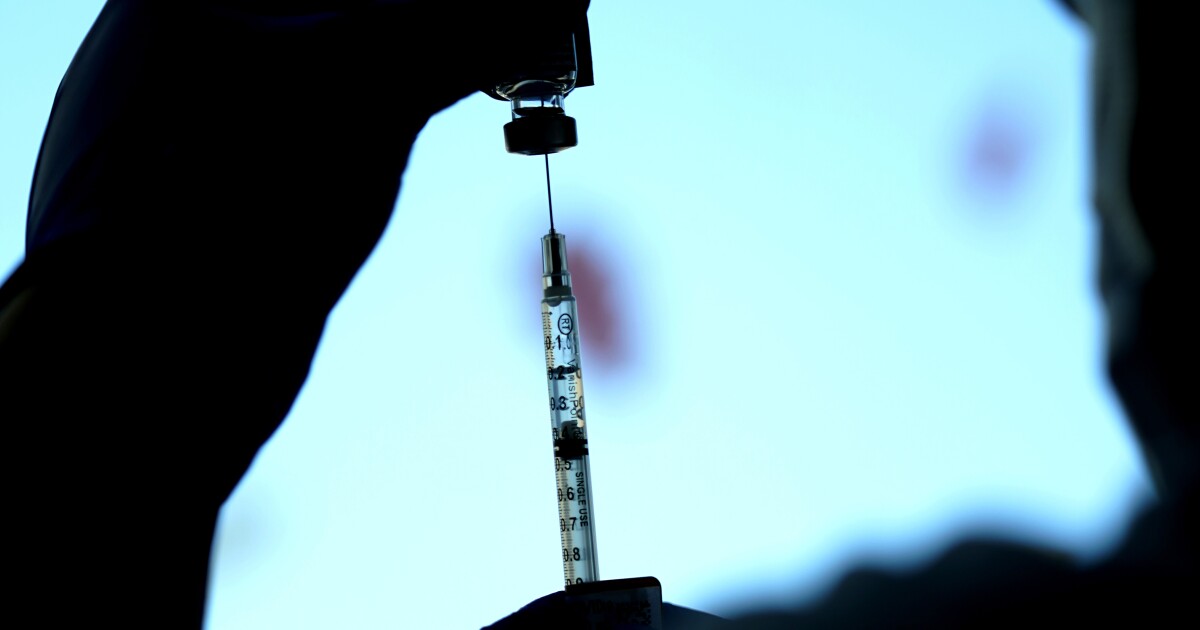Three studies published Friday offered more evidence that COVID-19 vaccines are resisting the omicron variant, at least among people who received booster doses.
These are the first large studies in the United States looking at the vaccine’s protection against the omicron variant, health officials said.
The documents endorse earlier research — including studies in Germany, South Africa and Britain — that available vaccines are less effective against omicron than previous versions of the new coronavirus, but also note that booster doses speed up antibody production. in order to increase the possibility of avoiding a symptomatic infection.
The first study examined hospitalizations and emergency room visits in 10 states from August to this month.
It found that the effectiveness of Pfizer or Moderna vaccines in preventing COVID-19-related emergency room visits was better after three doses. Protection dropped from 94% during the delta wave to 82% during the omicron wave. Protection with just two doses was less, especially if six months had passed since the second dose.
The authorities have emphasized the purpose of not only preventing infection, but also not getting seriously ill. At that point there’s some good news: A third dose was at least 90% effective in preventing COVID-19 hospitalizations, in both the delta and omicron waves, according to the study.
The second study focused on the rates of COVID-19 cases and deaths in 25 states, from early April through Christmas. The people who received the boosters had the highest protection against coronavirus infection, both in the times when delta was dominant and when omicron was beginning to overtake it.
The Centers for Disease Control and Prevention (CDC) posted both studies online.
The Journal of the American Medical Association published the third study, led by CDC researchers. It tested people who tested positive for COVID-19 between Dec. 10 and Jan. 1 at more than 4,600 diagnostic testing sites across the United States.
Three doses of the Pfizer and Moderna vaccines were about 67% effective against symptomatic omicron-related illness compared with unvaccinated people. However, two doses did not provide significant protection against omicron several months after completion of the original vaccination schedule, according to the researchers.
“This shows the importance of giving yourself a booster dose,” said Emma Accorsi of the CDC, an author of the study.
People should get boosters if it’s been at least five months since they completed their Pfizer or Moderna vaccination schedule, but millions of people who could already do so haven’t.
“If you can already access the booster and you haven’t received it, it’s not up to date and you need to get it,” CDC Director Dr. Rochelle Walensky said during a briefing on Friday.
–


